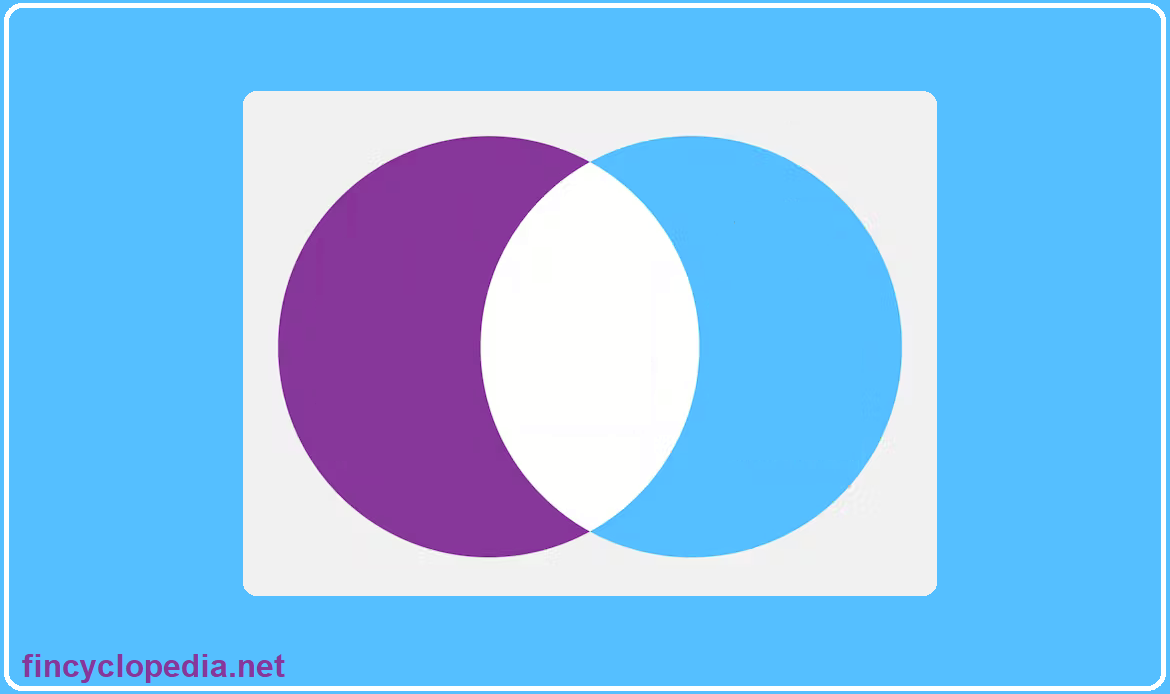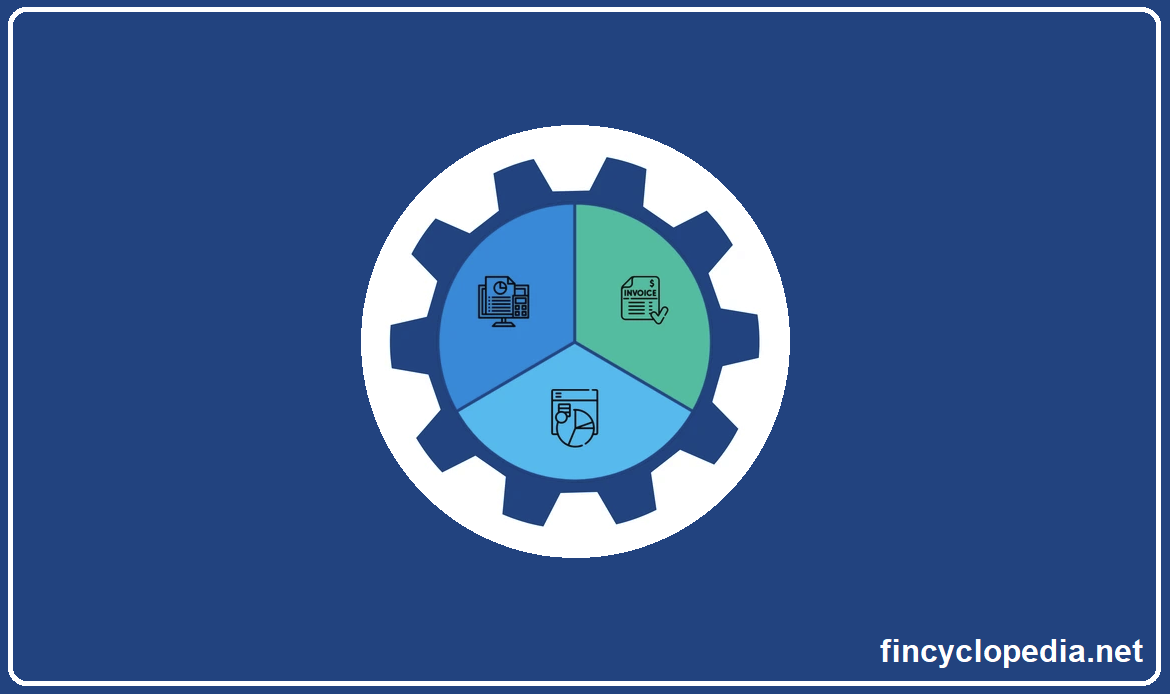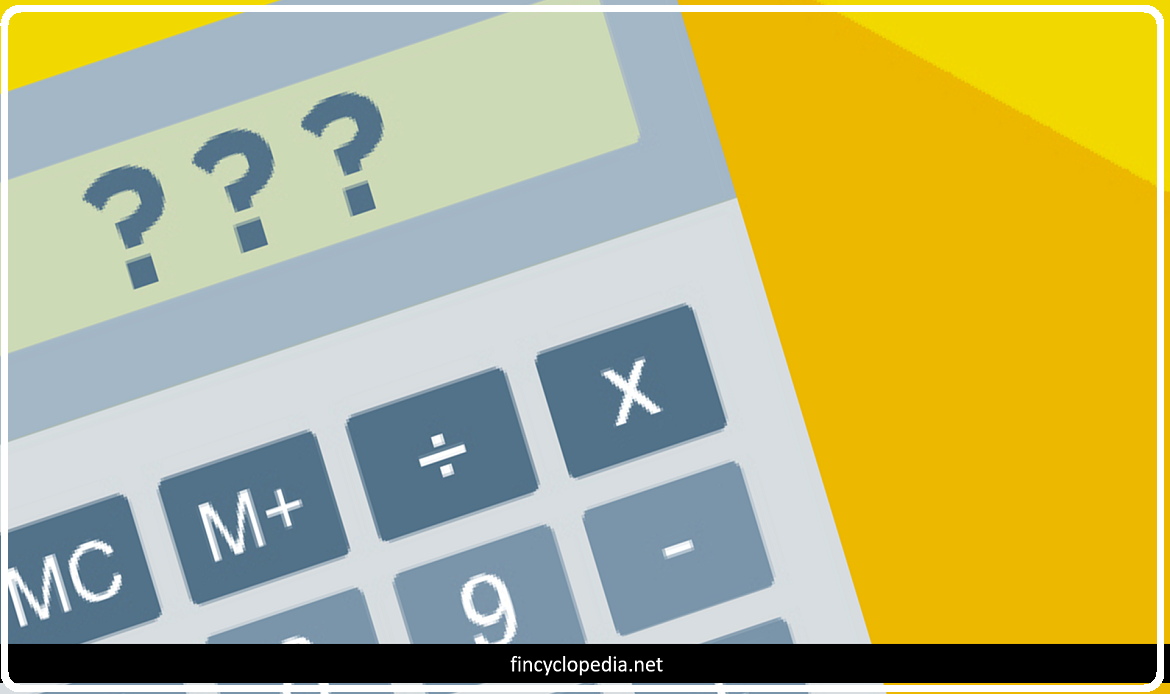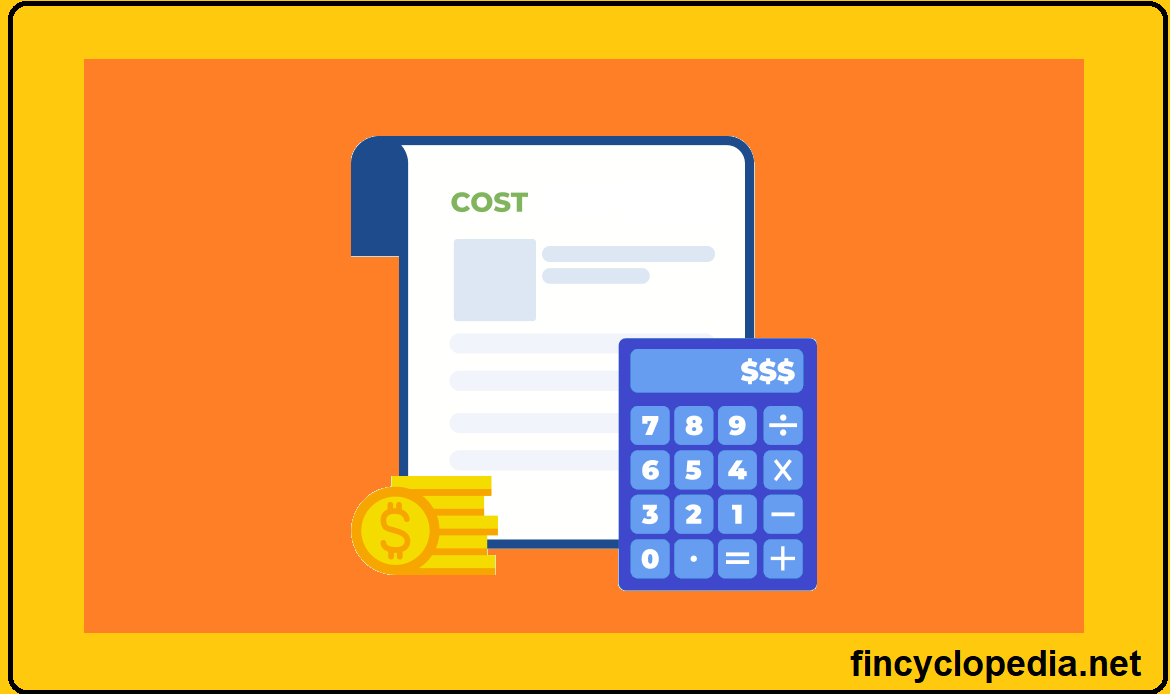A resource that is controlled by a business (entity) as a result of a past transaction/ event and is expected to generate future economic benefits to the entity. Such benefits may be in the form of use or income or disposal proceeds. It is recognized in the statement of financial position when it is probable that the future economic benefits will flow to the entity and its value or cost can be measured reliably.
In common terms, it refers to any physical object (inventory items, fixed assets, etc.), right or claim (goodwill, marketable securities, etc.) that carries economic benefits to its owners (i.e., those who have and can exercise control over it). An asset appears on the statement of financial position (balance sheet) and in an entity’s books it has normally a debit balance.







